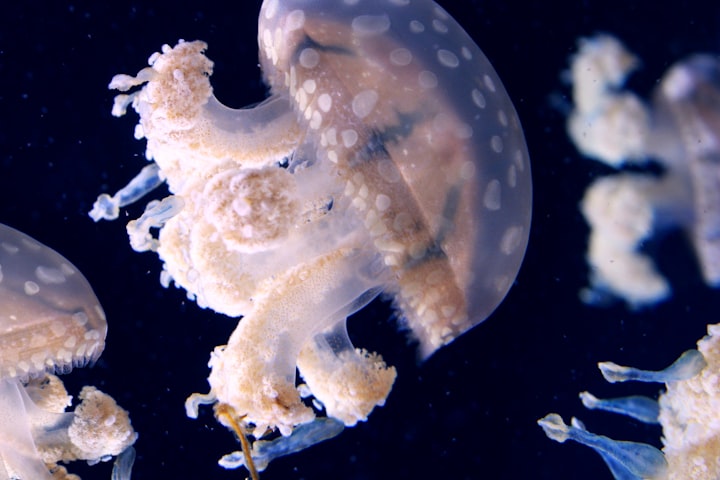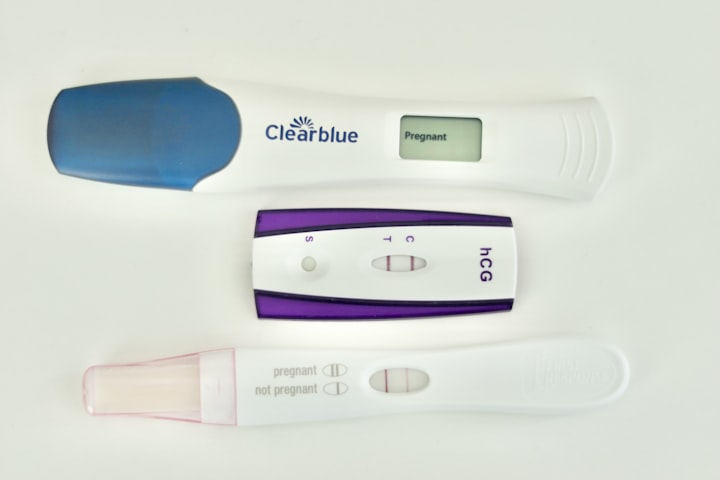Can Seminal Vesiculitis Be Behind Jelly-like Semen?
"Is Jelly-like Semen a Sign of Seminal Vesiculitis?"

Many men may notice that their ejaculate can sometimes turn yellow and adopt a jelly-like consistency, similar to nasal mucus. This occurrence is typically a normal physiological response, particularly after prolonged periods of sexual abstinence, and is not usually a cause for concern. During medical examinations, this yellow, jelly-like discharge can often be observed.
This phenomenon can be attributed to both physiological and pathological reasons. Physiologically, a temporary yellowing of the ejaculate is often due to extended abstinence and is expected to resolve quickly. Normally, semen is translucent, milky white to slightly yellowish, and should liquefy naturally within 30 minutes. If the color intensifies to a more pronounced yellow due to prolonged abstinence, it typically returns to normal once regular sexual activity resumes.
However, if the yellowing persists or if other symptoms are present, it may indicate an underlying health issue. It's essential to differentiate between changes due to lifestyle factors and those that suggest inflammation or infection.
Is Seminal Vesiculitis Related to Jelly-like Semen?
Yes, seminal vesiculitis can cause semen to become jelly-like.
Firstly, a gel-like consistency in ejaculate can frequently indicate seminal vesiculitis. Infections or inflammations of the seminal vesicles can alter the semen's texture, giving it a gelatinous appearance. Such changes in texture often come with additional symptoms, including stinging at the urethral opening, pain during ejaculation, and a sense of urgency or frequent urination. These signs suggest that the inflammation or infection could be affecting the testicles, epididymis, or seminal vesicles.
Secondly, the presence of gelatinous semen can serve as a key diagnostic clue for seminal vesiculitis. Doctors conducting examinations might identify this distinctive semen texture and use it to aid in diagnosing the condition. Thus, men who notice this gel-like semen are advised to seek prompt evaluations of their reproductive health to identify or rule out conditions like seminal vesiculitis.
Moreover, seminal vesiculitis can lead to further severe complications, including epididymitis and prostatitis. These issues can cause significant discomfort and potentially impact fertility and sexual function over the long term. It is therefore essential for men who suspect they might have this condition to seek early medical intervention and obtain the necessary treatment and management to mitigate these risks.
Complications and Fertility Concerns
Seminal vesiculitis can lead to severe complications like epididymitis and prostatitis, affecting fertility and sexual function. The gelatinous substance in semen, often a sign of non-liquefaction, suggests potential issues with the prostate's secretions, including insufficient fibrinolytic enzymes or elemental deficiencies. This imbalance can disrupt the semen's ability to liquefy properly, potentially impacting sperm mobility and leading to infertility.
Treatment and Prevention
For conditions like seminal vesiculitis or prostatitis, treatment may include herbal medications, such as Diuretic and Anti-inflammatory Pill.
Additionally, preventive measures are crucial, like:
Hygiene is key. Given the common co-occurrence of seminal vesiculitis and prostatitis, emphasizing personal and perineal cleanliness is essential. Regularly changing underwear and avoiding tight-fitting garments can help minimize moisture and reduce the risk of inflammation.
Dietary habits also play a significant role. Opting for a balanced diet, reducing the intake of spicy and irritant foods, and avoiding alcohol and tobacco can contribute to symptom relief. Incorporating foods known for their cooling, diuretic, blood-circulating, and stagnation-clearing properties, like winter melon, bitter melon, watermelon, celery, and apples, is beneficial.
Regular, moderate physical activity supports detoxification and immune function without exacerbating the condition. Engaging in gentle aerobic exercises, such as walking or jogging, is recommended.
Maintaining healthy lifestyle choices further bolsters the body's defenses against illness. Avoid excessive work, irregular sleep patterns, and prolonged sitting or standing, which can impair perineal blood flow.
Emotional well-being is equally important. The discomfort and potential fertility issues associated with seminal vesiculitis and prostatitis can lead to significant stress. Prioritizing psychological health, maintaining a positive outlook, and managing stress are key components of comprehensive care.
About the Creator
Amanda Chou
Looking to restore your life troubled by prostatitis, epididymitis, seminal vesiculitis and other male reproductive system diseases? Here are the resource to help you in this endeavor.






Comments
There are no comments for this story
Be the first to respond and start the conversation.